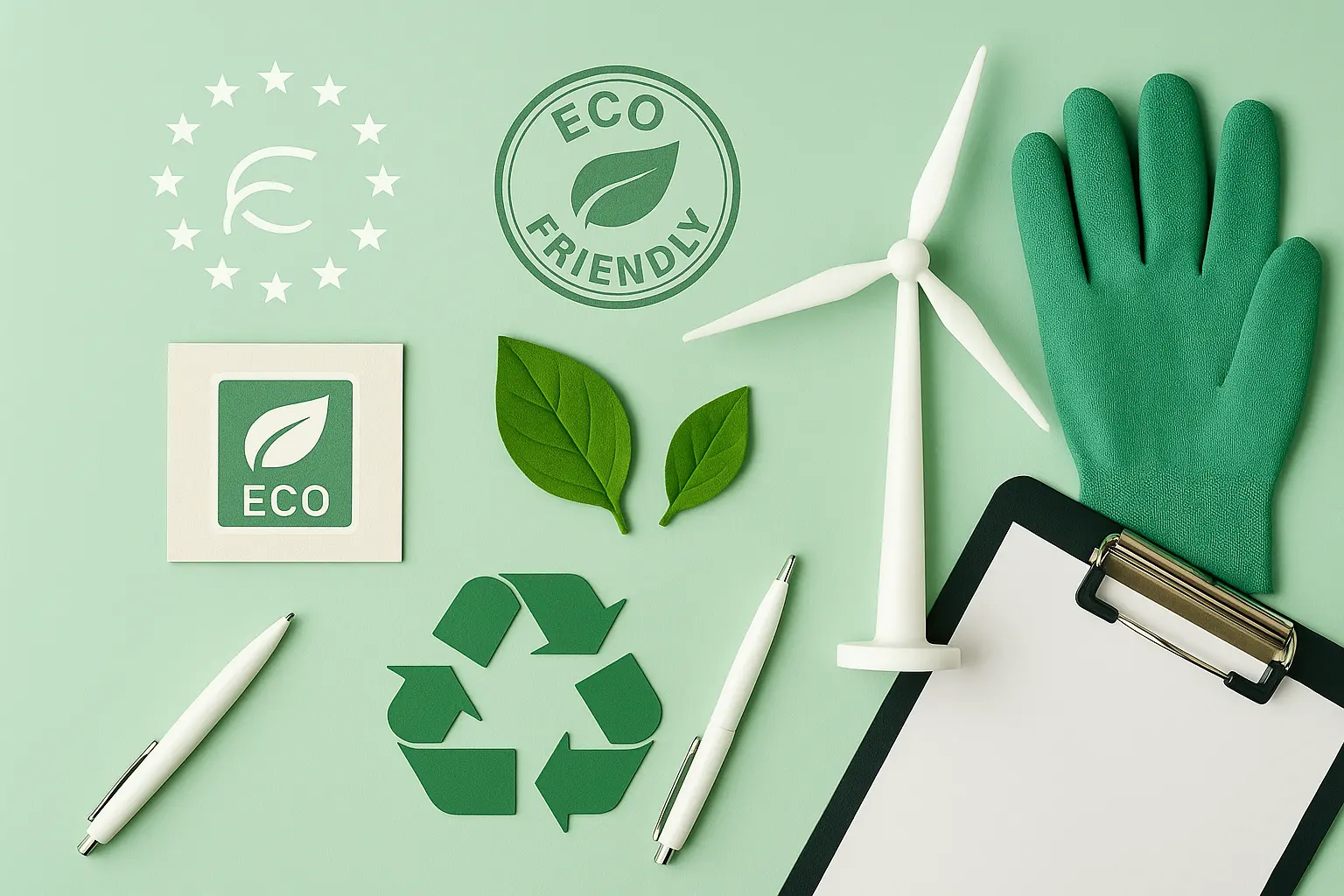Responsible Supply Chain Certification
In today’s globally interconnected market, responsible supply chain management is not just a trend but an essential practice. The sector of Sustainability & Eco Label Certifications aims at fostering sustainable development and promoting eco-friendly practices within the manufacturing process. Responsible Supply Chain Certification ensures that all stages from raw material sourcing to finished product delivery are aligned with environmental and social best practices.
Responsible supply chains play a pivotal role in reducing carbon footprints, minimizing waste, and ensuring ethical labor practices along the entire value chain. This certification goes beyond mere compliance; it emphasizes continuous improvement, transparency, and accountability for sustainability outcomes at all levels of business operations.
The process begins with rigorous audits that assess how suppliers adhere to globally recognized standards such as ISO 14001 (Environmental Management Systems), SA8000 (Social Accountability), and other relevant frameworks. Suppliers must demonstrate compliance through documentation, evidence of continuous improvement initiatives, and implementation of robust risk management strategies.
Once certified, businesses gain access to valuable resources including industry best practices guides, toolkits for sustainable sourcing, training programs, and networking opportunities with like-minded organizations committed to environmental stewardship. These tools empower enterprises to make informed decisions that drive positive change across their supply chains while maintaining competitive edge without compromising integrity.
Moreover, responsible supply chain certification helps build trust among stakeholders including customers, investors, regulators, and communities by proving commitment to sustainable business practices. It also provides a clear roadmap for continuous improvement which can lead to enhanced reputation management, reduced operational risks associated with regulatory changes or reputational damage due to unethical behavior.
The journey towards achieving responsible supply chain certification requires strategic planning but the rewards are significant - from cost savings through improved resource efficiency and reduced waste disposal costs to increased market share by appealing to environmentally conscious consumers. By integrating sustainability into core business operations, organizations can position themselves as leaders in eco-friendly practices while contributing positively to global environmental challenges.
In summary, responsible supply chain certification is more than just a label; it represents an organizational commitment to sustainable development and ethical practices throughout the entire production process. Through this certification, businesses not only meet regulatory requirements but also set benchmarks for industry leadership in sustainability initiatives.
Scope and Methodology
The scope of responsible supply chain certification encompasses a comprehensive evaluation of various aspects including environmental impact, social responsibility, ethical labor practices, and transparency. The methodology typically involves several key steps:
- Initial Assessment: This step includes reviewing existing documentation related to sustainability policies, conducting interviews with management teams, assessing current processes against established standards.
- Gap Analysis: Identifying areas where the organization falls short of meeting specified criteria. Recommendations are provided based on this analysis to address identified gaps effectively.
- Action Plan Development: Collaborating closely with clients to develop actionable plans aimed at closing identified gaps and enhancing overall sustainability performance.
- Audits and Inspections: Regular audits conducted by certified experts ensuring compliance with established criteria throughout the supply chain.
- Continuous Improvement: Encouraging ongoing evaluation of processes and practices to ensure continuous improvement towards achieving sustainable goals.
This structured approach ensures that every aspect of the supply chain is thoroughly examined, allowing for targeted improvements where needed. By focusing on both immediate corrective actions as well as long-term strategies, this methodology helps organizations achieve lasting positive impacts across their entire operations.
Customer Impact and Satisfaction
- Better Reputation: Achieving responsible supply chain certification enhances your brand reputation by demonstrating a strong commitment to sustainability. Consumers increasingly value companies that prioritize environmental and social responsibility, so this certification can significantly improve customer perception.
- Increased Market Share: By positioning yourself as an eco-friendly leader in the market, you increase your chances of attracting environmentally-conscious customers who are willing to pay premium prices for products produced sustainably.
Customers appreciate knowing that their purchases contribute positively towards global sustainability goals. They feel reassured about supporting businesses committed to ethical practices and responsible supply chain management, which directly translates into higher customer satisfaction levels.
In addition to these benefits, responsible supply chain certification also contributes to long-term relationships with suppliers who align with your values. This collaboration fosters trust between parties involved in the production process, leading to better communication channels and more efficient operations overall.
Competitive Advantage and Market Impact
- Differentiation from Competitors: In a world where consumers are increasingly concerned about sustainability, responsible supply chain certification sets you apart from competitors who may not have made similar commitments. This differentiation can translate into increased sales and market share.
- Innovation Opportunities: The process of achieving responsible supply chain certification often leads to innovative solutions that improve efficiency within the supply chain. These innovations can lead to cost savings, enhanced quality control measures, and new product development opportunities.
By embracing sustainability early on, companies gain a strategic advantage by anticipating future regulatory requirements and consumer demands before they become mainstream expectations. This foresight allows organizations to position themselves as market leaders in eco-friendly practices while maintaining competitive edges against those who lag behind in adopting sustainable strategies.
The implementation of responsible supply chain certification also contributes positively to the broader economy by driving demand for green technologies, renewable energy sources, and other environmentally friendly products. As more companies adopt these practices, it fosters a culture of innovation and sustainability throughout industries globally.
Moreover, responsible supply chain certification helps protect against reputational risks associated with unethical labor practices or environmental degradation linked to suppliers. By ensuring that all partners meet stringent standards, organizations can avoid negative publicity and potential legal actions.





